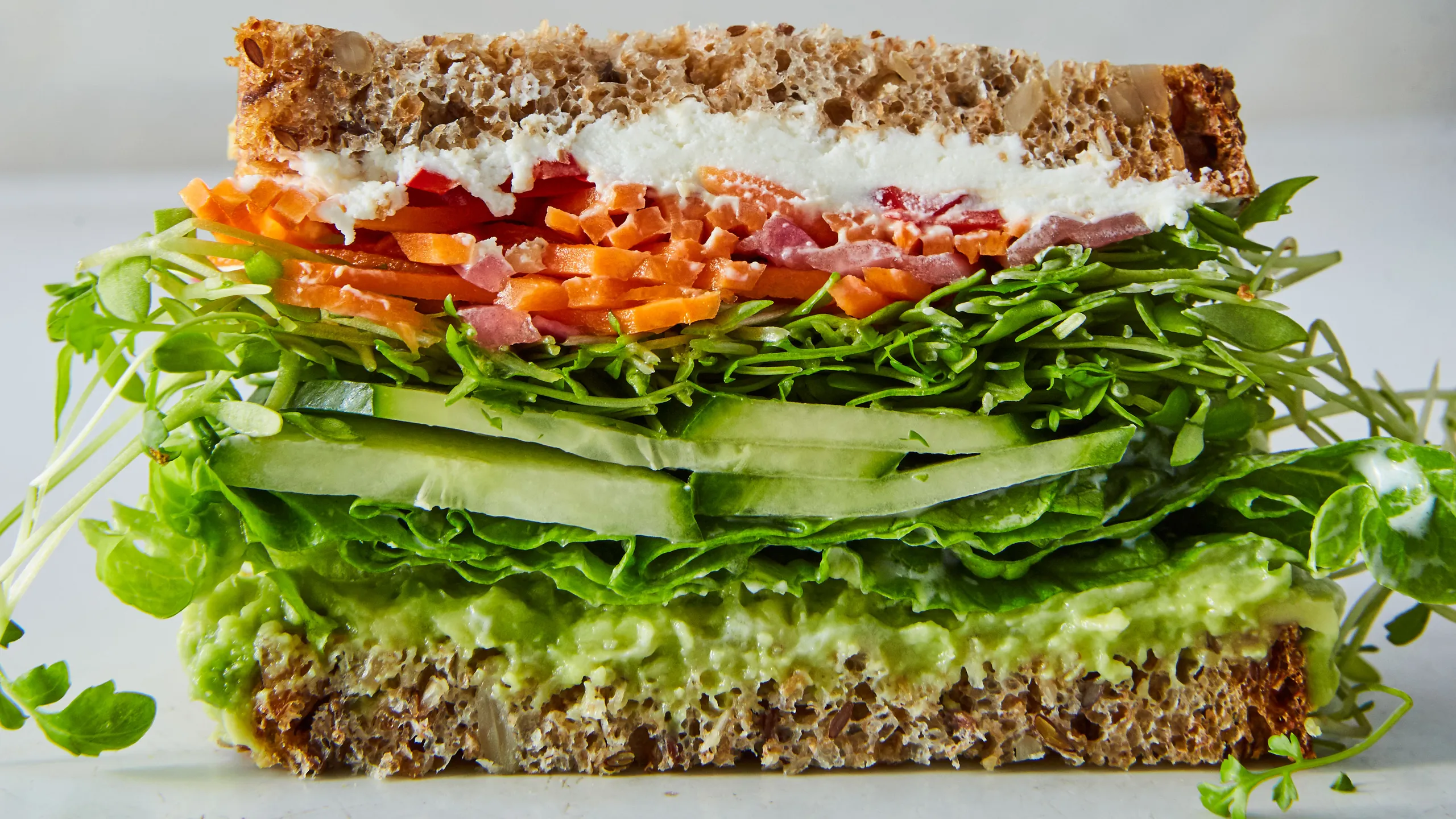Insulin resistance diets have a significant influence in lowering the risk of pre-diabetes and type 2 diabetes. Insulin resistance is defined by your body's failure to react to the hormone insulin. Fortunately, appropriate nutritional practices may help control this illness successfully. A well-balanced diet may help regulate blood sugar levels and promote general health and well-being. In this post, we'll look at the advantages of this diet and the foods that may assist with insulin resistance.
What Is Insulin Resistance?
Glucose is the primary energy source that humans need in order to function. Dietary carbohydrates and proteins are broken down by the digestive system into glucose.
The pancreas releases insulin into our bloodstream after we eat. It allows glucose to enter our cells, regulates blood sugar levels, and supplies energy for several vital functions. By urging the muscles and liver to store glucose for later use, it also aids in the regulation of excess glucose.
However, cells become less responsive to insulin signals when they have insulin resistance, which is a combination of genetics and a sedentary lifestyle. Blood sugar levels rise as a consequence of glucose's improper entry into cells. Type 2 diabetes, hypertension, dyslipidemia, and hyperuricemia are all made more likely by this.
Before and after meals, normal blood sugar levels typically range from 80 to 140 milligrams per deciliter (mg/dL), however this varies from person to person. If this number is very high or low, it might have serious negative effects on health.
Elevated blood sugar might damage your neurons and blood vessels. This increases the risk of kidney problems, heart disease, and blindness. Diabetes-related ketoacidosis (DKA) is a dangerous condition that requires immediate medical attention.
The issue of insulin resistance is becoming worse. According to a research using data from the National Health and Nutrition Examination Survey (NHANES) for 2021, 40% of Americans between the ages of 18 and 44 are insulin resistant.
Regular exercise and a well-balanced diet are crucial for managing insulin resistance. For more on how your diet may aid with blood sugar regulation, continue reading below.
Read also:
- 5 Light Food Recipes That Are Easy To Digest
- 15 High Protein Vegetarian Meals
- The Best Foods For Weight Loss, According To Experts
What Is The Best Diet For Insulin Resistance?
The best diet for managing insulin resistance focuses on balancing blood sugar levels and making mindful food choices. Here are a few tips you may follow:
- Incorporate fruits and vegetables rich in fiber and antioxidants like blueberries, apples, and grapes. They have anti-diabetic properties and may help enhance insulin sensitivityi and lower blood glucose levels.
- Consume low-fat dairy products, as they offer calcium and protein. Include whole grains like oats and brown rice in your diet. They provide complex carbohydrates that improve insulin sensitivity and prevent blood sugar fluctuations.
- Choose lean proteins and legumes. They are packed with fiber and protein, which may aid in blood sugar control.
Additionally, the best diet for insulin resistance focuses on the principles of the glycemic index (GI). It is a measure of how rapidly foods raise blood sugar levels. Consuming low-GI foods like apples, oranges, tomatoes, cucumbers, oats, barley, and non-starchy vegetables can be beneficial. They have a slower and steadier impact on blood sugar levels and help to prevent rapid spikes and crashes.
Thus, this diet can help bring a positive change in your blood sugar levels. Keep scrolling to learn how this diet can improve your overall health and well-being in the next section.
Health Benefits Of The Insulin Resistance Diet
:max_bytes(150000):strip_icc()/insulinresistancediet-GettyImages-1387721563-490c3b322a214e26a187e7bb01714dfd.jpg)
1. Could Aid with Blood Sugar Regulation
The insulin resistance diet promotes the consumption of fiber, healthy fats, and complex carbohydrates, all of which slow down the body's absorption of sugar. This gradual release of sugar into the bloodstream reduces blood sugar spikes and improves the efficiency of insulin. This reduces the likelihood of developing diabetes.
2. Could Promote Heart Health
Saturated fat consumption is limited on this diet. Consuming these fats in excess might cause cholesterol to accumulate in your blood vessels. The arteries may constrict as a result of this accumulation, raising the risk of heart disease. Accordingly, a diet reduced in saturated fats may help decrease cholesterol and minimize the chance of developing cardiovascular problems.
3. May Increase Vitality
Legumes and whole grains are examples of complex carbohydrates that provide a steady supply of energy all day long, avoiding energy ups and downs. This diet may increase your everyday productivity since it places a strong emphasis on consuming complex carbohydrates.
4. Could Lower The Chance Of Chronic Illnesses
The diet is centered on low-GI foods that are high in critical vitamins and minerals, healthy fats, and may help improve insulin sensitivity and promote weight reduction. Additionally, it could aid in the prevention of a number of health issues, including obesity, high blood pressure, and type 2 diabetes.
5. Could Help With Weight Management
Eating meals high in fiber and low in GI might help prevent sudden spikes and falls in blood sugar levels. This also helps you develop healthy eating habits by reducing your cravings for sugary and high-calorie foods. Over time, this might result in decreased weight and increased insulin sensitivity.
Although it might be challenging, an insulin resistance diet could assist you in beginning your weight loss journey. But don't be alarmed. If you are insulin resistant, there are tips on how to lose weight in the next section.
Read also:
- Healthy Breakfast Ideas, According To Experts
- Best Protein Bars Of 2024, According To Nutrition Experts
- Best Foods To Eat When Sick, According To Experts
- Top 10 Most Weight-Loss-Friendly Foods on The Planet
How To Lose Weight When You Have Insulin Resistance
1. Consume a well-balanced diet
To keep your body fed and satisfied, eat entire foods such as fruits, vegetables, lean meats, and whole grains. Avoid sugary and processed meals that might raise blood sugar levels and reduce insulin sensitivity . These foods have a lot of calories as well. As a result, limiting them might aid in weight management.
2. Establish A Frequent Exercise Schedule
Make exercise a part of your daily regimen. A 30-minute aerobic workout or stroll, three times a week, may help increase insulin sensitivity and promote weight reduction.
3. Use Restraint in Portioning
Regular, smaller meals may assist to normalize blood sugar levels and enhance insulin secretion. Nine smaller but more frequent meals a day were shown to enhance glucose metabolism in a research on healthy individuals with impaired glucose tolerance. Furthermore, controlling your portion sizes might prevent overindulging.
4. Maintain Hydration
You may sometimes confuse thirst for hunger. Drink plenty of water every day to reduce cravings and unneeded eating.
5. Get Plenty of Sleep
Hormones that increase appetite and promote overeating, such as ghrelin, may be produced in response to sleep deprivation. Losing weight becomes more difficult as a result. Ensure that you have plenty restful sleep each day.






.webp)
